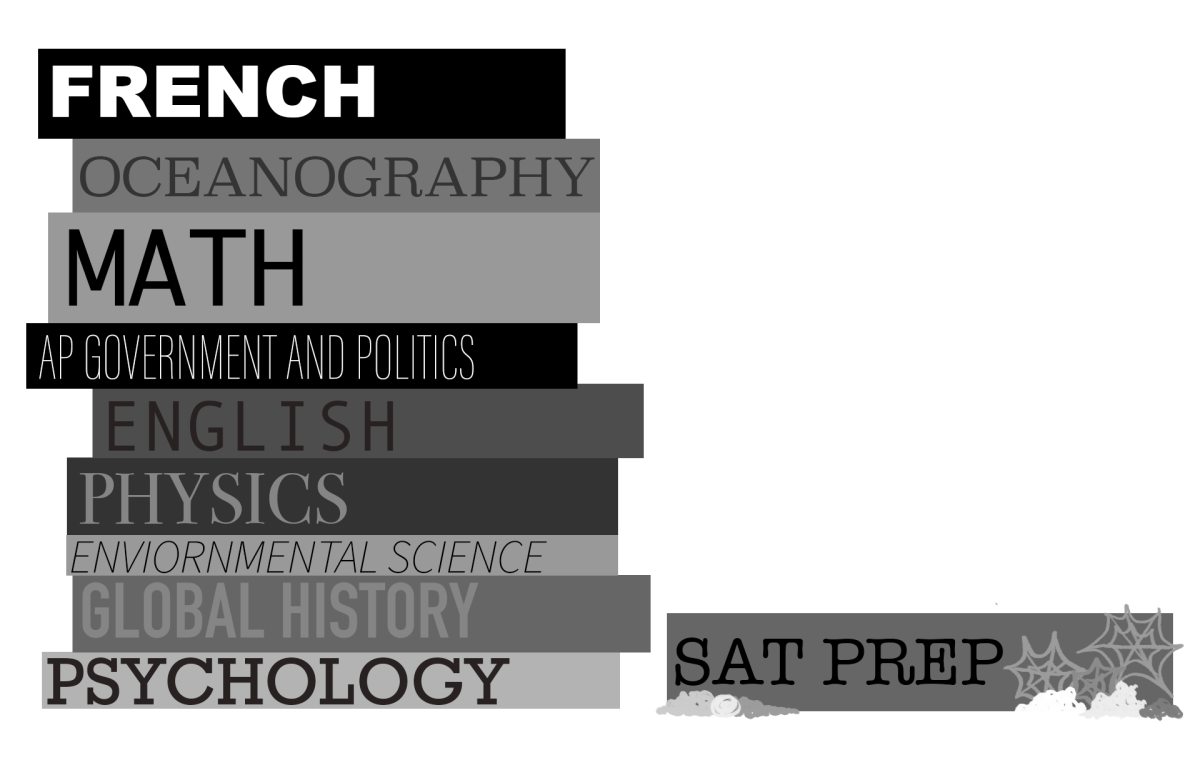It would come as a surprise to many to hear that the 21st century is one of the most peaceful periods in human history. It certainly doesn’t feel like it. When we open the news or our social media apps, these pages are flooded by infographics and stories covering the latest world conflict, the most recent instance of child exploitation, merciless killing, and natural disasters. At LM, parents often look to schools and teachers to help their children make sense of the multitude of current events unfolding around them. From political upheavals to social movements and environmental crises, the need to understand and engage with the world is more pressing than ever. However, while the desire for children to be informed citizens is commendable, the responsibility of addressing all current events in the classroom shouldn’t fall solely on the shoulders of teachers.
It is important here to acknowledge the many ways in which teachers can “address” current events. Oftentimes our minds jump to the image of a teacher standing in front of our class with a powerpoint and an article, ready to explain the latest news. While yes, the validity of this information can be called into question, that isn’t our only concern. Rather, we look to the more discreet ways in which teachers address current events both in and out of the classroom. We are looking at interactions such as a seemingly harmless email sent to students and parents in the wake of world events. We are looking at teachers expressing what they believe to be solidarity. We are not arguing that teachers have no place talking about what is happening in the ever changing world around us. Certainly, we are not arguing that students should remain unaware. Simply, we are calling upon the administration to acknowledge and amend the flaws with the current guidelines around addressing current events.
On February 7, LMSD sent an email to staff with the subject line “Important Reminder on Approaching Controversial Instruction.” This message contained new guidelines for teachers to follow when addressing current events. It reads the following: “In our ongoing efforts to cultivate inclusive and respectful learning environments, it is essential to have a critical eye on instructional practice. With the continual changes in our world and tensions and stresses ever present, we must be sensitive and mindful in teaching controversial topics. Discussions on topics that may evoke strong emotions demand careful consideration of materials and resources to ensure a balanced and constructive dialogue.” The guidelines, while they may appear effective at first glance, fail to encompass the true crux of the issue. It is not a matter of simply using mindful language and verifying sources as the email allows it to appear. It is a matter of choices that are far more subconscious than that, and will continue to take place with or without these new recommendations.
The older students get, the more human their teachers appear. It becomes easier to recognize that they have their own opinions, and with that comes their own personal biases. Teachers are tasked, on the day-to-day, with delivering academic content within their subject area expertise. That being said, while many teachers strive to stay informed about current events, expecting them to be experts on every topic is incredibly unrealistic. It is a reasonable expectation that when approaching topics in which teachers may not be an expert, teachers adhere to appropriate standards, which necessitates clear guidelines from administration that extend further than the vague request that they simply, as the email puts it, “verify the accuracy and credibility of resources.”
This begs the question: why are teachers addressing topics they don’t know enough about? To answer this, we look to the inexorable nature of current events in classrooms. It is our belief that no matter the personal opinions of parents, students, or teachers, current events will always hold a place in education. Students will continue to look to their educators for commentary or guidance, and parents will continue to look towards the teachers of their children to address what deeply affects our communities. With this comes the inevitable: emotions. Oftentimes the kinds of topics that parents or students push to be addressed are highly emotionally charged and polarizing. From the very basic ability to understand that some issues are more divisive than others, to internalizing the political breakdown of LM students, teachers require guidance and support from school administrations on how to navigate discussions surrounding sensitive topics in a constructive and respectful manner. However, as previously mentioned, even the small act of sending out a letter to students expressing that you stand with them is going to leave another portion of your students feeling like you don’t. No matter how well intended they are, a teacher cannot publicly align themselves with one group of students without it being viewed as if they are distancing their empathy from another. We may not be able to change how polarized we are today, but we can change what we do in response to it.
Teachers can and should always make themselves available for students, but that is as far as their duty as educators extends. Be available, be a pair of ears, and offer your insight if asked for. We have a robust system of mental health counselors, social workers, and wellness staff available during the school day for students affected by events that may leave them feeling vulnerable or upset. Luckily, it isn’t the job of the guidance counselors to account for every student’s feelings when meeting one on one. It is, however, the job of a teacher to account for every student’s feelings when blasting an email out after the headlines begin to buzz. It is imperative for teachers, parents, and school administrations to recognize the shared responsibility in cultivating an inclusive learning environment where students are empowered to critically engage with current events while respecting diverse perspectives and academic priorities.
Unsigned editorials reflect the general opinion of the Opinions staff and not the opinion of any single editor.




